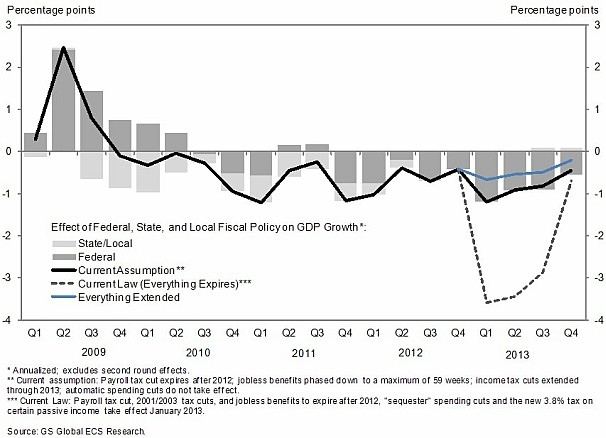It used to be a lot simpler. As E.C. Bentley deftly summarized it in 1905:
“Geography is about maps
But Biography is about chaps.”
But that was then, and now Biography is also about maps. For example, have you ever thought it would be way cooler to have been born in colonial Kenya?
Whoa, that sounds like crazy Birther talk; don’t go there! But Breitbart News did, and it turns out that the earliest recorded example of Birtherism is from the president’s own literary agent, way back in 1991, in the official bio of her exciting new author:
“Barack Obama, the first African-American president of the Harvard Law Review, was born in Kenya and raised in Indonesia and Hawaii.”
So the lunatic theory that Barack Obama doesn’t meet the minimum eligibility requirements to be president of the United States was first advanced by Barack Obama’s official representative. Where did she get that wacky idea from? “This was nothing more than a fact-checking error by me,” says Obama’s literary agent, Miriam Goderich, a “fact” that went so un-“checked” that it stayed up on her agency’s website in the official biography of her by-then-famous client up until 2007:
“He was born in Kenya to an American anthropologist and a Kenyan finance minister.”
[. . .]
“I suppose he’d had the name ready for a long time, even then,” says Nick Carraway in The Great Gatsby. “His parents were shiftless and unsuccessful farm people — his imagination had never really accepted them as his parents at all. The truth was that Jay Gatsby of West Egg, Long Island, sprang from his Platonic conception of himself… . So he invented just the sort of Jay Gatsby that a seventeen-year-old boy would be likely to invent, and to this conception he was faithful to the end.”
In a post-modern America, the things that Gatsby attempted to fake — an elite schooling — Obama actually had; the things that Gatsby attempted to obscure — the impoverished roots — merely add to Obama’s luster. Gatsby claimed to have gone to Oxford, but nobody knew him there because he never went; Obama had a million bucks’ worth of elite education at Occidental, Columbia and Harvard Law, and still nobody knew him (“Fox News contacted some 400 of his classmates and found no one who remembered him”). In that sense, Obama out-Gatsbys Gatsby: His “shiftless and unsuccessful” relatives — the deportation-dodging aunt on public housing in Boston, the DWI undocumented uncle, the $12-a-year brother back in Nairobi — are useful props in his story, the ever more vivid bit-players as the central character swims ever more out of focus, but they don’t seem to know him either. The more autobiographies he writes, the less anybody knows.
Like Gatsby presiding over his wild, lavish parties, Obama is aloof and remote: let everyone else rave deliriously; he just has to be. He is, in his way, the apotheosis of the Age of American Incredibility. When just being who you are anyway is an incredible accomplishment, Obama managed to run and win on biography almost entirely unmoored from life. But then, like Gatsby, he knew a thing or two about “the unreality of reality.”




